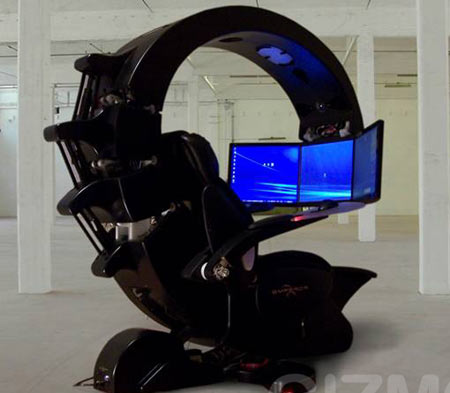A Gaming Laptop, also referred to as gaming LAPTOP, is a private computer that is able to enjoying computationally and graphically demanding video games. However, neither is online game habit thought to be a mental dysfunction (APA, 2007), nor does time loss provide a lot diagnostic value for online game habit as time loss is reported by high- and low frequency gamers alike (Wooden & Griffiths, 2007; Wooden et al., 2007), warranting more research into the character of online game dependancy and the position of time loss in this context.
Finally, researchers ought to attempt to make clear the persistence of time distortions induced by electronic video games, which is essential in determining if gaming modifications time notion lengthy enough to have vital results on security and performances of players in day by day life conditions.
While occasional time losses during recreation classes might be appreciated by some avid gamers (Wooden et al., 2007), persistent time distortions after gaming might have detrimental results on real-world efficiency and the safety of players and their environment.
Prices for these processors are astronomical, with the Intel Core i9-7980XE anticipated to be $2,000, or the value of a midrange gaming PC. You may have to purchase a brand new motherboard to assist either of those platforms, but these CPU advancements have made it an thrilling time to be a gamer.
Up to now, most experimental research analyzing the effect of gaming on time perception have used a design in which topics retrospectively judged the period spent in the virtual world (see table 1). They yield combined results and indicate a further influence of topics’ gender and recreation expertise on time perception.